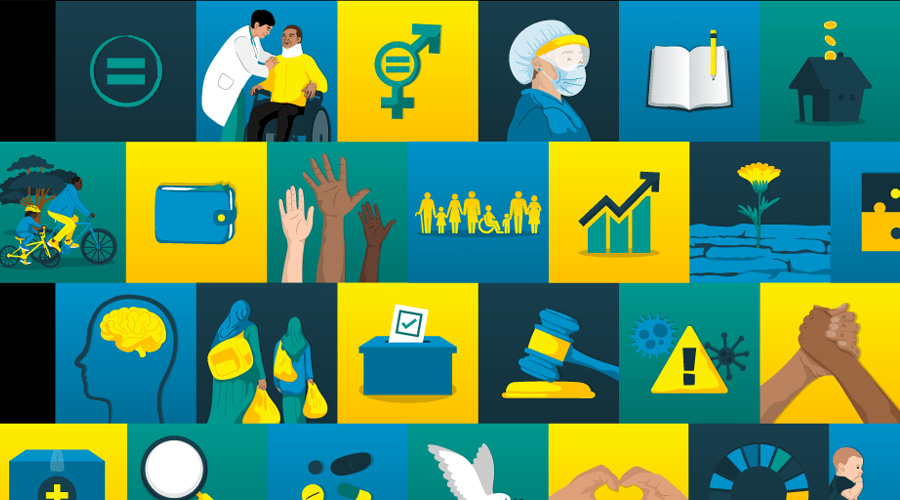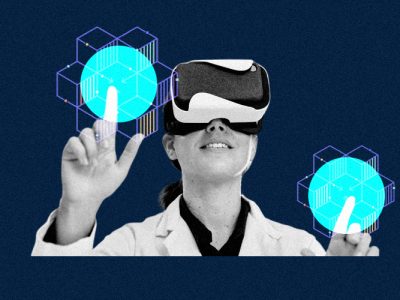
Healthcare industry gets a new gift in the form of personalized medicine
Personalized medicine is an evolving most demanding branch of the healthcare industry that treats the individual patient as a high-resolution resource of information. By collecting a broad spectrum of information on the patient — their style of living, legacy, medical treatment history, inherent information, and much more — professionals working in this field can compare it to data on alike individuals who faced the same medical problems. After this, they think: that what worked well for those patients will likely work well for all. Personalized medicine in the healthcare industry represents a paradigm shift from the “one size fits all” concept that’s all too ordinary in healthcare today, granting quicker access to personalized medicine for patients to them so that treatment yields more favorable results. We dream of a life that has driverless cars, space investigation, and technologically enabled daily convenience, and thus personalized medicine harnesses the most excellent technology to move beyond entertaining ourselves with digital reality headsets. It restores our fitness when we are unwell. Given below are the three main reasons that personalized medicine in the healthcare industry is gaining so much popularity:
1. Personalization Technologies Are All the Rage Lately
Many people seem to like a product or service more when they recognize that the specific product or service has been made especially for them. Thus as a result businesses have started depending on technology to attach new layers of personalization to what they provide.
In the medical industry, personalized medicine means that treatment is conceived from the ground up for each patient. It’s bespoke medicine that accounts for more individualized particulars and medical history than any manual could.
It’s significant to highlight that personalized medicine in the healthcare industry is genuine and realistic today. It’s already proven to be an efficient mechanism for defeating diseases that had formerly stumped medical teams. As technology and medical research carry on moving forward (as they forever do), there’s no telling how simultaneously accessible and influential personalized medicine for patients can become.
2. Easier to spot genetic mutations due to improved medical technology
We’ve come a long way in the field of genetic medicine. The scope was extremely restricted five or six years ago, but technology predictability improves over time. For consumers, this generally means smaller phones and quicker computers. For medical industry professionals, it means newer and enhanced tools for saving lives.
The stuff of science fiction is becoming existent, and this is particularly exciting for medical applications. Nowadays, it’s not especially complex to give a fruit fly an exact duplicate of a patient’s cancer tumor, and then run drug screenings on the fly to watch the consequences.
Medical technology might not advance as affordably as its counterparts on the purchaser tech side, but it still improves nevertheless. The genetic medicine methodologies that facilitate personalized medicine in the healthcare industry were extremely complex not all that long ago, but the times have luckily changed — what was once extremely complex is now an everyday thing in the healthcare industry.
3. AI Technology will help to sense all that data
If big data is the vast ocean, then AI is our world-class yacht for searching for it. AI is proliferating hurriedly across customer and business technologies, and it’s only going to carry on improving. From the voice-activated virtual helper that lives in your smartphone nowadays to the driverless automobile systems of the close to future, all of it relies on artificially intelligent software to add new simplicity and convenience to our lives.
Humans tend to fall amazingly short when it comes time to systematize mathematical or scientific data into a spotless pattern. But this is precisely the ground on which AI excels. As the figurative beating heart of AI is unrefined mathematics, this makes it a next-class tool for science-based medical research. Not only do most chief pharmaceutical companies show off an AI research arm, but that research is foremost the way to new personalized medicines for patients.
Consider the fact that a research team in Australia is on its way to releasing the first personalized medicine in the healthcare industry which is designed top-to-bottom by an AI scheme. It’s a flu vaccine, and preliminary animal testing shows it to be extremely efficient for the healthcare industry.



















